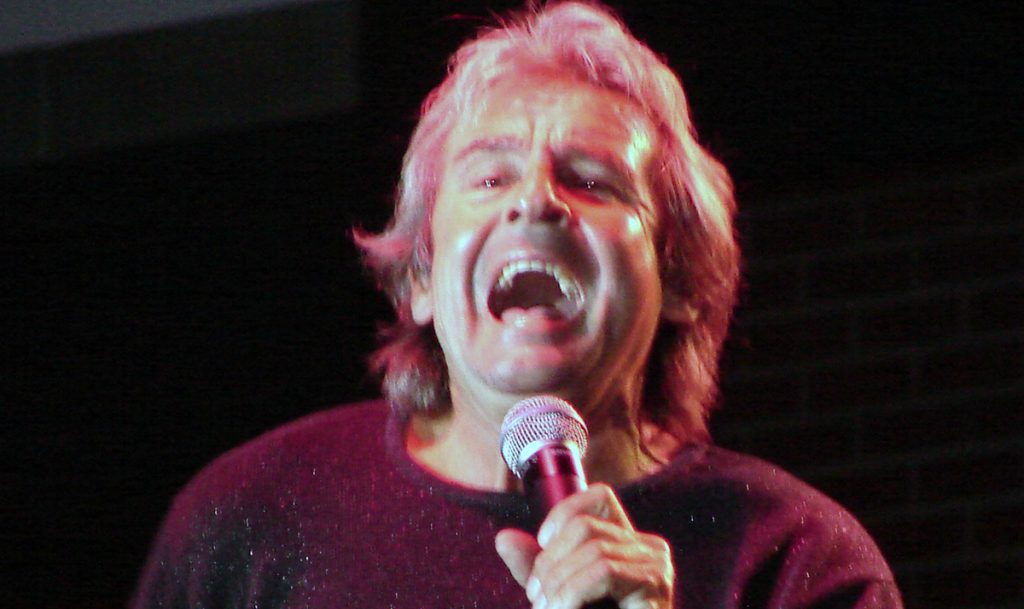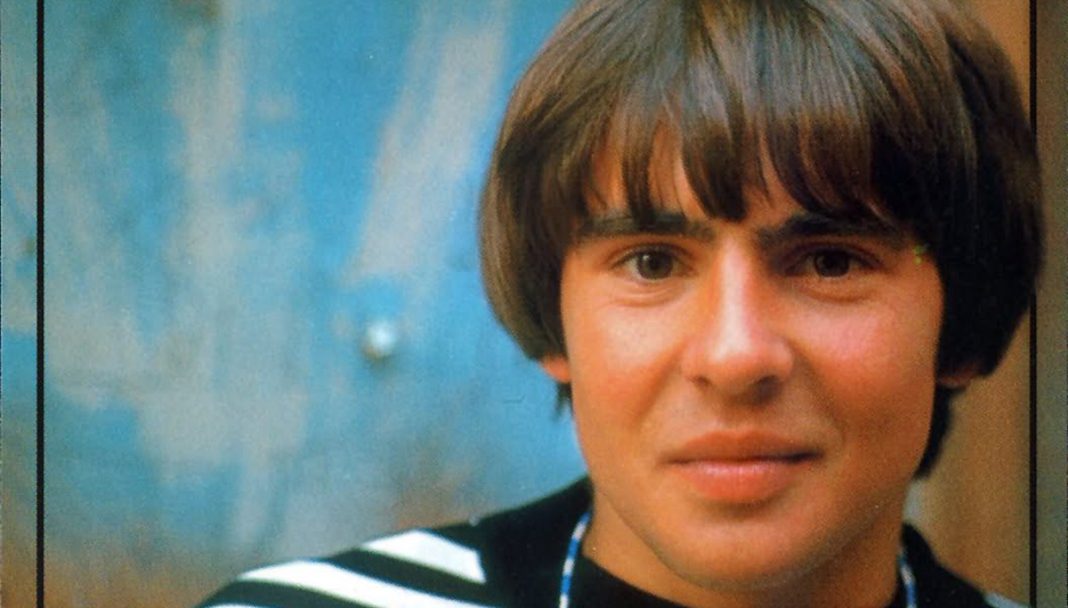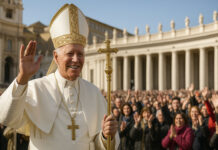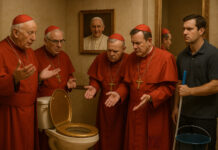David Bowie, the rock and roll visionary whose career spanned six decades, died Sunday after a long battle with cancer. He was 69.
“David Bowie died peacefully today surrounded by his family after a courageous 18 month battle with cancer. While many of you will share in this loss, we ask that you respect the family’s privacy during their time of grief,” said a statement posted on his official social media accounts.
Bowie died Sunday after an 18-month battle with cancer, his publicist Steve Martin told The Fazzler. Neither his publicist nor the statement elaborated on what kind of cancer the singer was fighting. Bowie’s death has been the regular subject of internet hoaxes for the last several years. So the news came as a shock to fans and industry insiders when it was confirmed.
Bowie was among the primary innovators and showmen of rock ‘n’ roll for four decades. He didn’t just push the edge of the envelope. He often manufactured the envelope itself, with such creations as glam rock and Ziggy Stardust, the otherworldly representative of extraterrestrials; the post-apocalyptic Thin White Duke of the mid-1970s; and cutting-edge explorations into dance music (“Let’s Dance,” 1983), European electronic music and even guitar-driven speed metal (the poorly received band Tin Machine, which he fronted in the late 1980s).

Bowie celebrated his 69th birthday on Friday by releasing Blackstar, his beautifully dark and twisted 26th studio album, which Entertainment Weekly called in its review “an all-senses headphone surrender to the sound of an artist who is older and almost definitely wiser but still fantastically, singularly himself.”
Born David Robert Jones, he released his self-titled debut album in 1967 but didn’t make his first big impact on the music world until 1969, when his single “Space Oddity” (from the album of the same name) became a worldwide hit. Bowie took his roots in folk-rock and blew them open for “Space Oddity,” dressing up his simple strumming in ambient effects and a compelling sci-fi narrative that echoed the then-current fascination with space travel (it’s no coincidence that “Space Oddity” became a smash hit the same month that Buzz Aldrin and Neil Armstrong became the first men to walk on the moon).
David Bowie was inducted into the Rock and Roll Hall of Fame in 1996. He is survived by a son (film director Duncan Jones, who he had with first wife Mary Angela Barnett; the two divorced in 1980) and a daughter (Alexandria Zahra Jones, whose mother is model Iman, Bowie’s second wife, who he married in 1992).






